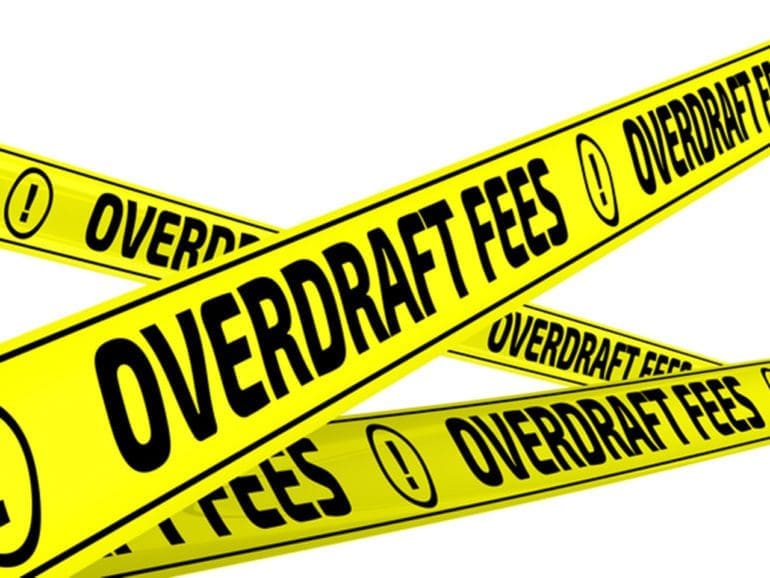Overdraft fees have suddenly become a hot topic in banking circles. And it is about time. A couple of years ago I wrote this piece arguing that overdraft fees were going away. But for more than 18 months nothing much happened.
Aaron Klein, a senior fellow at the Brookings Institution (he will be on my podcast in a couple of weeks), released this important paper earlier this year calling out the banks who had made overdraft fees a core part of their business strategy. He studied overdraft revenue at all banks with more than $2 billion in assets and found that several generated the majority of their profits from overdraft fees.
Clearly, for these banks overdrafts were not an ancillary product but the core of their banking business. It is unfortunate to me that bank regulators seem to think this is acceptable but that is a topic for another time. Suffice it to say there are several small to medium-sized banks focused on milking overdraft fees to the detriment of their customer base.
The big banks don’t get a free pass here either. The CEOs of the four largest banks testified on Capitol Hill a few weeks ago and were excoriated by Senator Elizabeth Warren for their use of overdraft fees. To be fair, while their absolute numbers show significant overdraft fees, as a percentage of their total revenue it is in the low single digits.
Some Banks Are Making Changes
This year, we are finally seeing some movement here. Bank after bank has announced, just in the past few weeks, that they will be taking some kind of action on overdrafts. Here is a breakdown of the movement here:
PNC Bank – Now offers low cash mode which has been promoted widely and allows a 24-hour grace period before any fees will be charged.
Ally Bank – decided to drop all overdraft fees completely.
Huntington Bank – has launched a $1,000 line of credit to try to reduce overdraft fees.
Frost Bank – will not charge overdraft fees on charges up to $100 as long as customers have a direct deposit.
Regions Bank – is rethinking how they process overdrafts and processing credits first. They have historically had one of the highest amounts of overdraft revenue among regional banks.
TD Bank – just this week TD Bank introduced a new account with no overdraft fees.
Bank of America – while not overdraft protection, an honorable mention goes to B of A as the first of the big four banks to offer a short-term small-dollar loan that can help people avoid overdraft fees, something they announced last year.
None of This Would Have Happened Without Fintech Taking the Lead
I credit Dave for starting the anti-overdraft movement. They launched in 2017 with the promise of no more overdrafts and they quickly amassed a loyal following. While others offered no overdraft accounts, Dave was the first one to directly address the problem by providing an interest-free advance for people who needed it.
Today, there are dozens of fintech companies offering bank accounts without overdraft fees. It has become the standard and one of the main defining differences between fintechs and traditional banks. Some of the fintechs are creating huge customer bases, Dave says it has 10 million users now, Chime has even more, and so banks have woken up.
The Tipping Point
Now, it feels like we have reached a tipping point. Overdraft fees have suddenly become an issue that banks are not only discussing but doing something about.
While overdraft fees will still likely be around for some time, it has become a political and PR hot potato, where banks want to at least be seen to be doing something.
The real winner here is the consumer. The overdraft-using consumer has been exploited by banks for far too long. It is a horrible product that makes no mathematical sense. An APR of 18,250% is objectively abhorrent but that is what you get with a $35 fee on an account that is $10 overdrawn and paid back in one week.
If the pandemic has taught us anything it is that consumer’s expectations are changing. More consumers are demanding checking accounts with no overdraft fees. The fintechs will happily take customers away from those banks that continue to ignore this trend.
The question we have to ask is this: are we seeing the start of a real change or just a temporary blip. While I know I am optimistic I see this as the beginning of the end for overdrafts. The product makes no sense in a world where consumers expect transparency and accountability.


